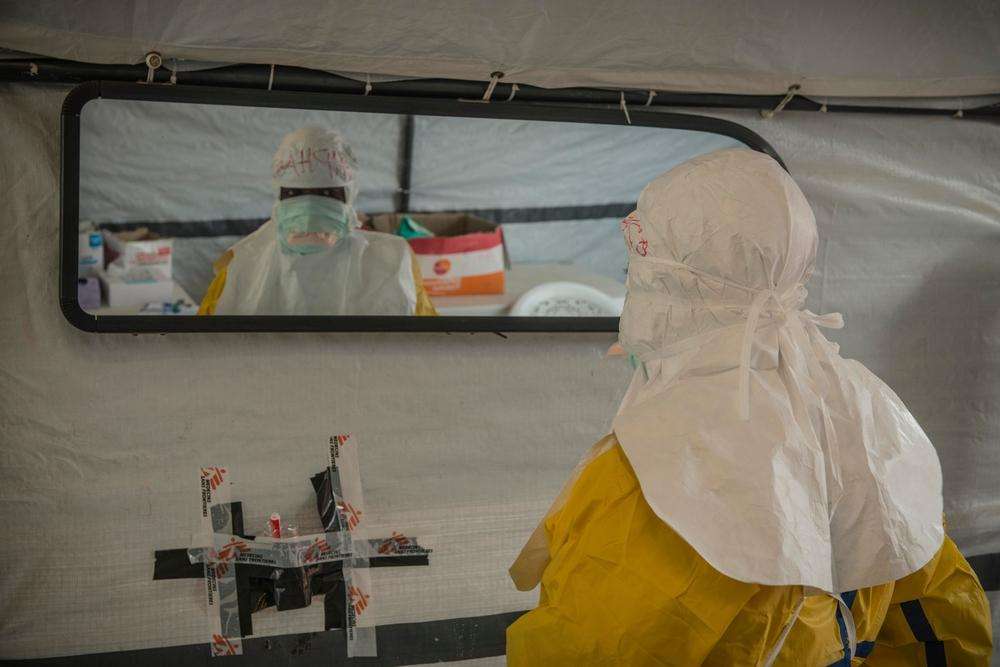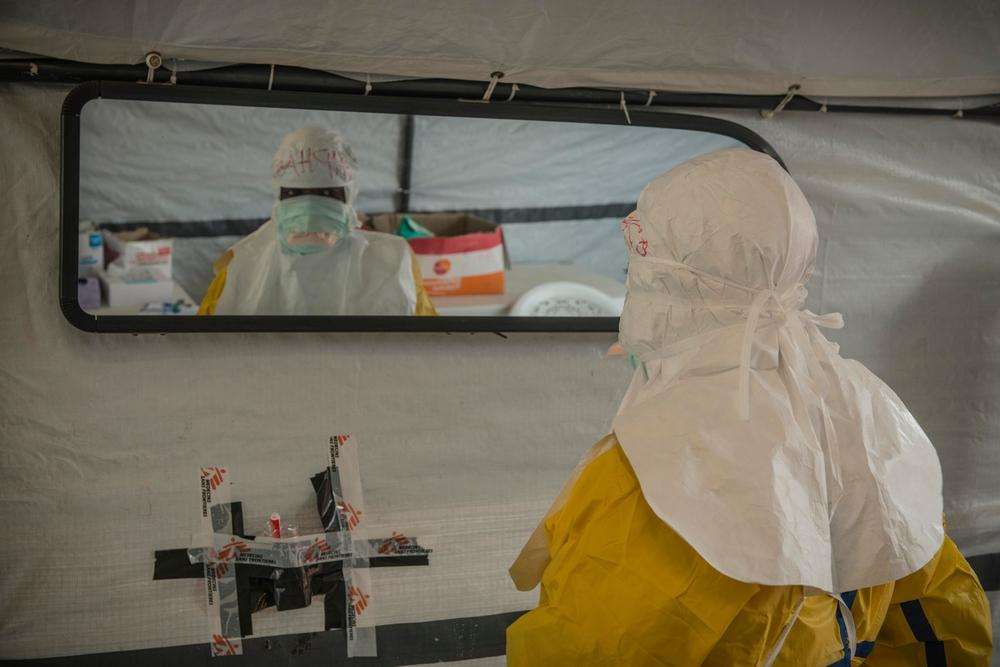BRUSSELS/NEW YORK—A trial of the experimental Ebola drug brincidofovir in Liberia has officially ended due to a significant drop in the number of new Ebola cases and the drug manufacturer’s decision to withdraw from the trial, the international medical humanitarian organization Doctors Without Borders/Médecins Sans Frontières said Tuesday.
Led by Oxford University, the trial into a potential treatment for the disease was launched in early January in an Ebola management center run by MSF in the Liberian capital Monrovia.
For the results to be scientifically robust, the experimental drug needs to be tested on large numbers of patients. With patient numbers decreasing at MSF’s center in Monrovia over recent weeks, Oxford University and MSF had planned to extend the trial to one of MSF’s Ebola management centers in neighboring Sierra Leone.
Malaria: Fighting the Other Epidemic in Sierra Leone
That option was no longer feasible as of January 30 when drug manufacturer Chimerix unexpectedly announced that it would no longer participate in the trial in Monrovia, or in any other locations.
As a result, the Trial Steering Committee, which includes leading scientists from Liberia, Oxford University and MSF, decided today to stop the trial.
An Encouraging Decline in Ebola Cases, But Critical Gaps Remain
“We’re relieved that there are fewer patients infected with the Ebola virus in Liberia,” says Dr. Bertrand Draguez, MSF medical director overseeing the trials. “While it’s disappointing not to have a definite outcome for the trial, and not to have an effective treatment for Ebola, it is good news for the people of Liberia who have suffered Ebola for so long.”
Low patient numbers are also proving to be a challenge for the other trials in which MSF is involved in west Africa, but MSF is determined to do everything it can to make these trials produce useful results. In Guinea, MSF is currently facilitating a trial of the antiviral drug favipiravir, while a trial using the blood plasma of Ebola survivors will start next week.
An Additional Challenge: Tending to Pregnant Women with Ebola
MSF's response to the Ebola epidemic continues in the three most-affected countries. “The number of patients may be declining, but the epidemic certainly isn’t over yet,” said Dr. Draguez. “We are adapting our operational response to this new phase of the epidemic, with an increased focus on surveillance and contact tracing. At the same time, we remain dedicated to finding out as much as possible about potential treatments, vaccines and diagnostic tools, to prevent a repetition of this tragic loss of lives in this or any future outbreak.”





